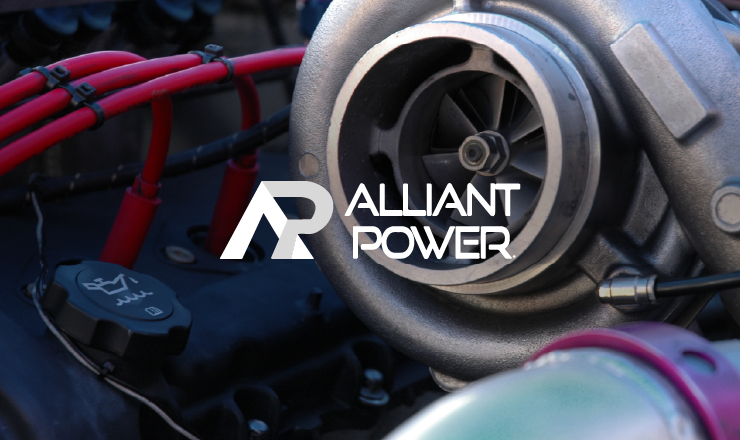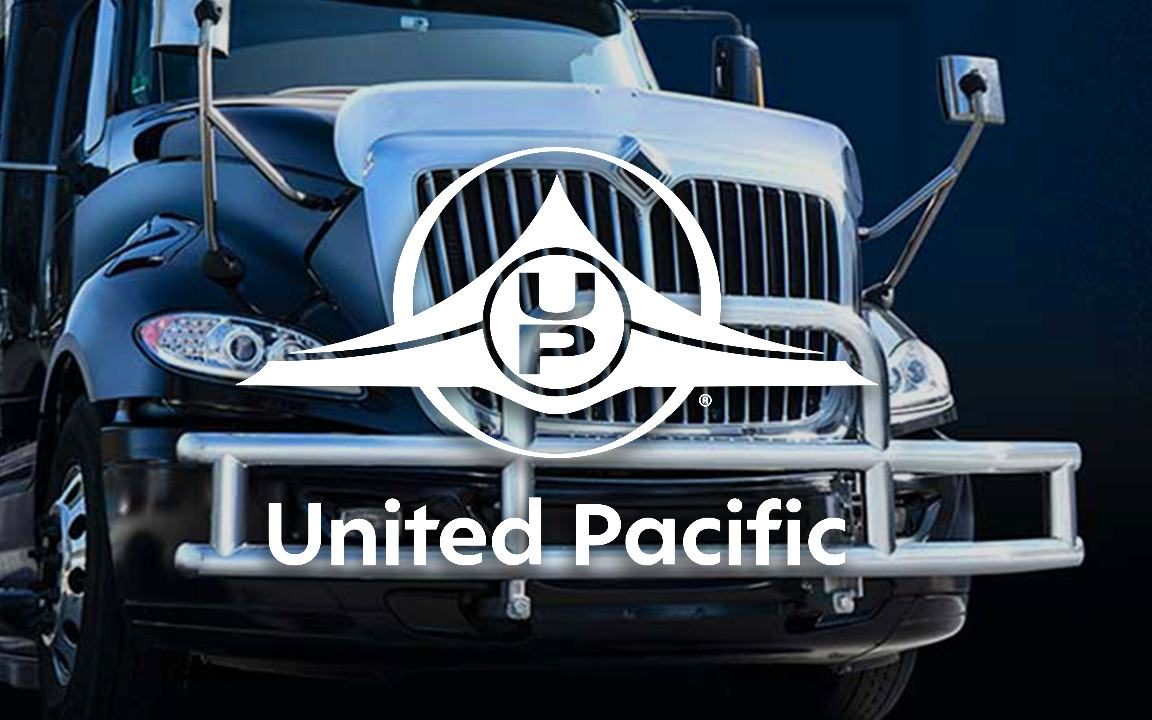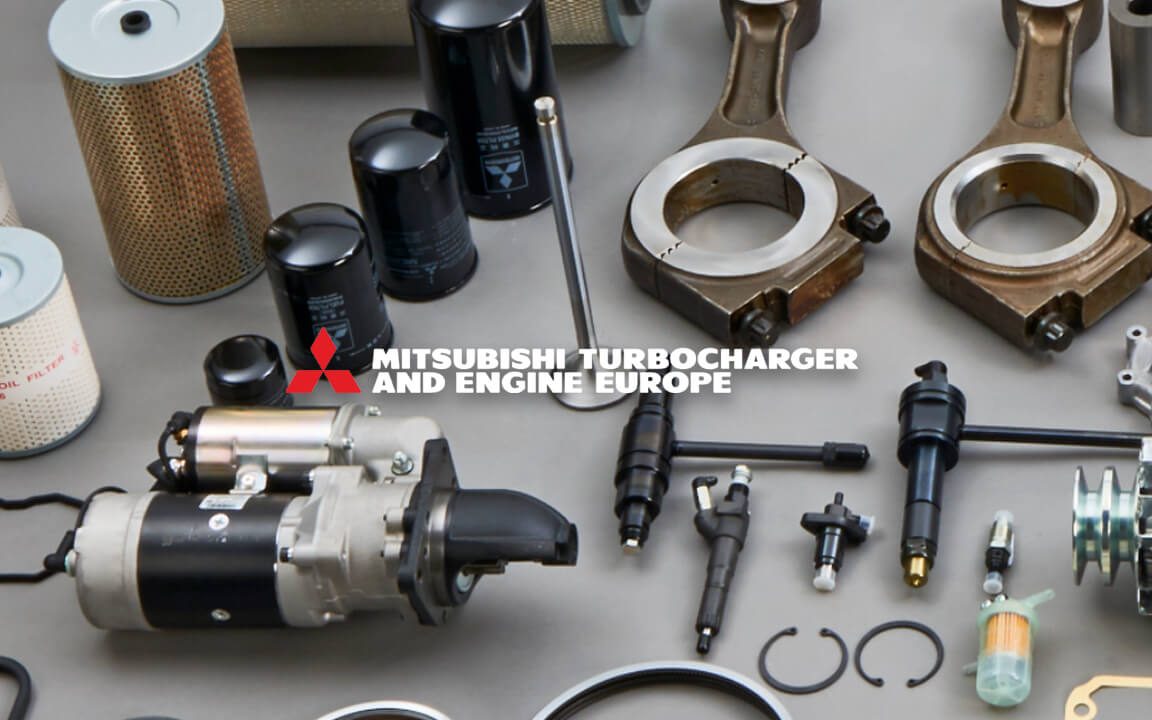
Complex product data
Thousands of SKUs, each with unique specifications, compatibility requirements, and even regional variations.


While digital growth has impacted nearly all industries, automotive e-commerce might be amongst the most surprising. Online marketplaces like Carvana cater to a new generation of buyers who are comfortable making bigger purchases online.
Case in point: before the pandemic, around 32% of U.S. car buyers were open to buying online.
By 2021, that figure had nearly doubled to 61%.
This change in buyer behavior isn’t just a temporary spike; it’s a new reality.
By 2030, the global automotive aftermarket e-commerce market is expected to surpass $140 billion.
The automotive industry is complex. Selling parts and components isn’t as simple as running a traditional retail e-commerce store. Instead, you’re dealing with:

Thousands of SKUs, each with unique specifications, compatibility requirements, and even regional variations.

From wholesale orders to fleet management, your e-commerce platform needs to handle high-value transactions smoothly.

Automotive B2B sales often involve specific pricing agreements, discounts, and shipping requirements that vary from client to client.
Your e-commerce solution needs to accommodate these complexities—not work around them.
As with most industries, the automotive sector has been forced to adapt quickly to a digital-first approach. B2B automotive suppliers, wholesalers, and manufacturers are realizing that moving online is no longer just an option—it’s a necessity. Here’s how an integrated e-commerce solution can provide real, measurable benefits to your business:
B2B buyers expect a tailored experience. They want quick access to their personalized catalogs, contract-specific pricing, and relevant product suggestions. An effective e-commerce platform ensures that your web store delivers exactly that.
Providing real-time data accessibility allows your customers to find what they need—whether it’s browsing extensive product data, comparing specifications, or placing complex orders. This consistent, streamlined experience builds trust and encourages repeat business.
Traditional sales channels have often focused on specific regions or markets. E-commerce breaks down those barriers, enabling customers to place orders from anywhere, anytime. No more waiting for business hours or relying on outdated paper catalogs.
The ability to reach markets beyond your local area means more revenue opportunities and stronger relationships with both existing and new customers.
Maintaining inventory and processing orders manually can be costly and time-consuming. An online model reduces administrative costs by automating order handling and streamlining operations.
An ERP-integrated platform ensures that product availability, pricing, and specifications are accurate. Expanding your offering to include products available directly from manufacturers provides customers with more options while reducing overhead.
E-commerce doesn’t replace traditional sales—it enhances them. Offering a unified, omnichannel experience allows businesses to meet customers wherever they prefer to do business.
Combining physical and digital sales channels provides a superior experience and maximizes revenue potential.
Below are 5 automotive brands that have successfully embraced e-commerce to enhance their sales processes, improve efficiency, and provide exceptional customer experiences.
These examples show how B2B automotive suppliers are using digital solutions to drive growth and improve their online presence.
1. Alliant Power
Alliant Power, a leading distributor of aftermarket diesel parts, launched an e-commerce platform that seamlessly integrates with their ERP system.
By offering real-time inventory visibility and personalized experiences, Alliant Power has saved 200 hours monthly of manual entry and seen 12% revenue growth.
Read the full case study
2. United Pacific Industries
United Pacific Industries specializes in providing high-quality automotive parts and accessories.
Their e-commerce platform provides a streamlined buying experience for customers with specific needs, resulting in 1000+ new B2B customers and a 20% growth in sales.
Read the full case study
3. Univergomma
As one of Italy’s largest tire distributors, Univergomma enhanced its online sales strategy to expand its reach and improve customer service.
By digitizing their complex order processes, they’ve been able to change over 90% of their product orders to take place online, and experience 5000 orders daily.
Read the full case study
4.Mitsubishi Turbocharger and Engine
Mitsubishi Turbocharger and Engine utilized e-commerce to simplify ordering for their B2B customers, offering tailored experiences based on customer-specific pricing and inventory levels.
Their approach has streamlined operations and improved overall efficiency.
Read the full case study
As more B2B suppliers enter the digital space, it’s essential to understand how to effectively reach target audiences to boost sales. Here are some high-impact strategies:
Today’s B2B buyers expect a seamless experience across all channels. Whether they are browsing your product catalog online, speaking to a sales representative, or making purchases via an e-commerce portal, the experience needs to feel consistent.
Ensuring your online store integrates smoothly with other sales channels, such as phone and in-person sales, can enhance the customer journey, improve satisfaction, and ultimately boost sales.
Automotive B2B suppliers deal with highly specific needs from their customers. Leveraging data-driven insights to provide personalized recommendations, tailored catalogs, and contract-specific pricing can significantly enhance the customer experience.
Using advanced analytics tools to monitor customer behavior and predict their needs allows suppliers to deliver more relevant offers and improve sales efficiency.
Product configurators are a game-changer for automotive suppliers looking to enhance their digital presence. By allowing customers to customize their orders directly within your online platform, you can provide a tailored experience that meets unique specifications without endless back-and-forth communication.
The right product configurator offers buyers the ability to select variations, sizes, colors, and additional specifications in real-time, ensuring they get exactly what they need. This capability is particularly useful for B2B customers dealing with complex parts or machinery configurations.
The future of automotive e-commerce is promising, but it requires a thoughtful approach tailored to the unique needs of B2B suppliers. As more companies pivot to online sales, embracing integrated, user-friendly solutions will be critical to success.
The automotive sector’s shift to e-commerce is a strategic evolution aimed at improving efficiency. From optimizing order processing to enhancing the customer experience through product configurators, successful e-commerce strategies require more than just setting up an online store.

Ready to accelerate your growth?